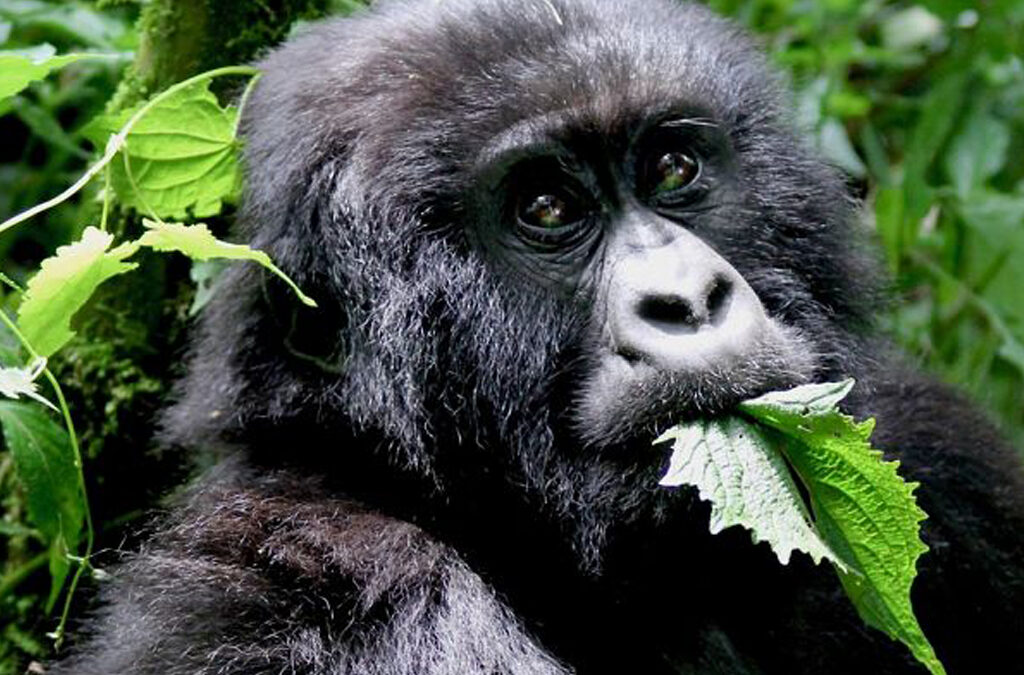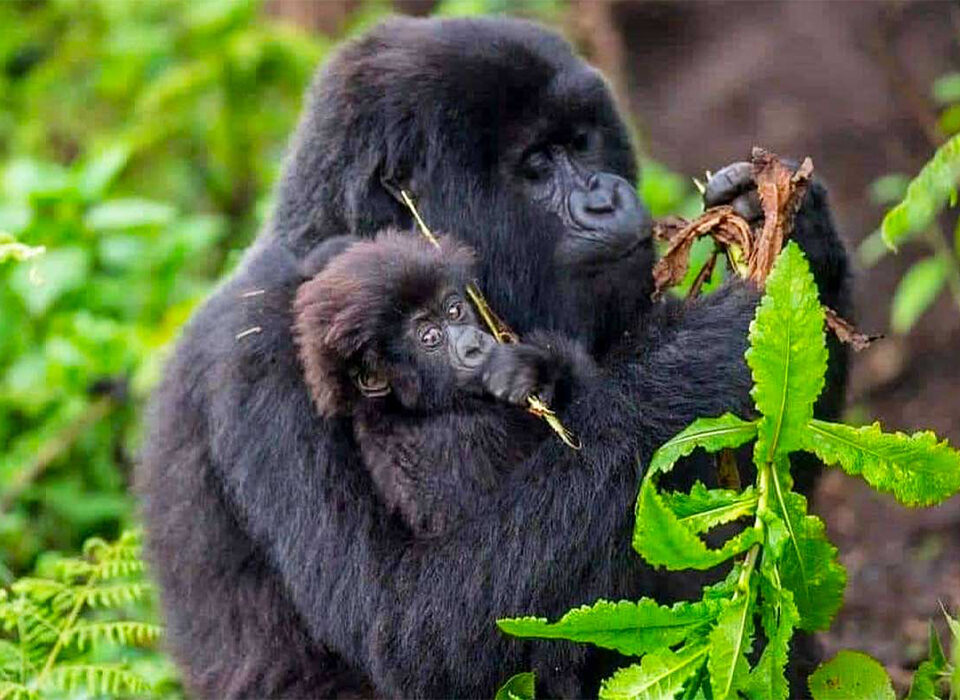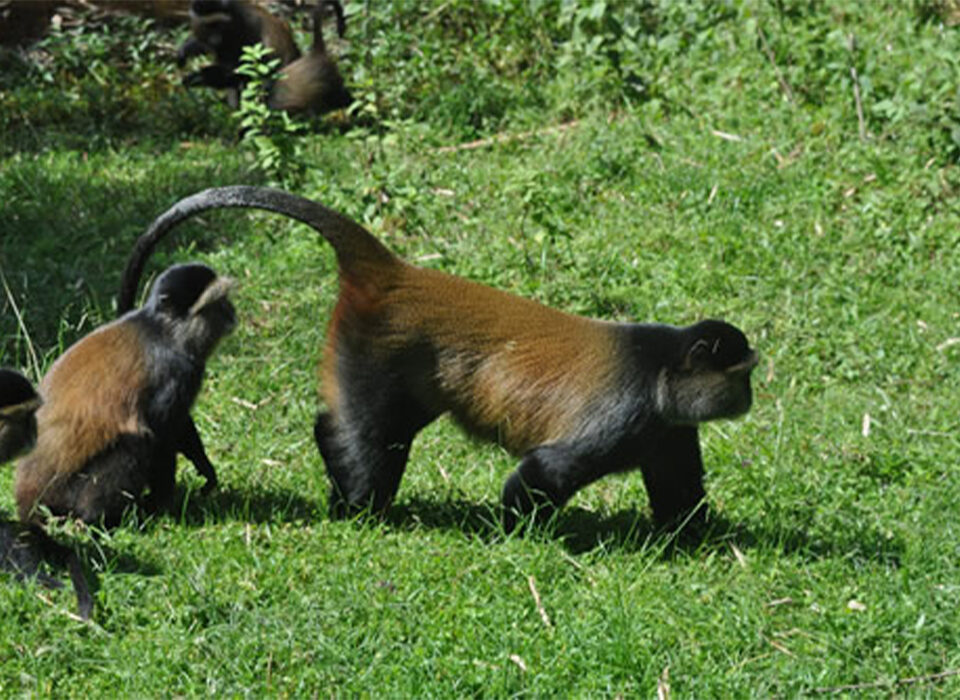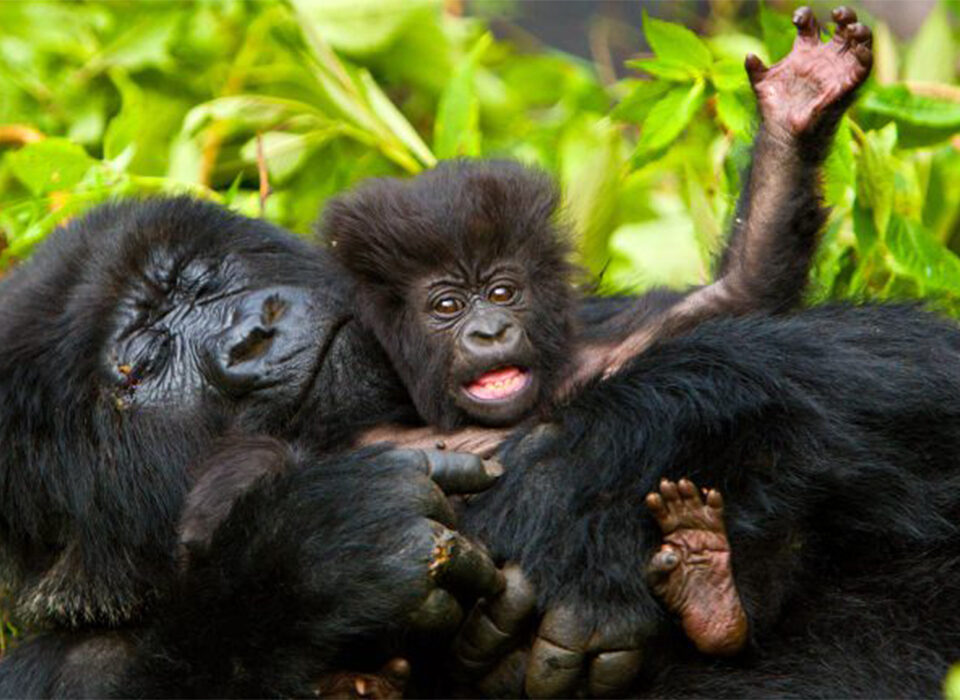
Can You Wear Black for Gorilla Trekking?
August 30, 2025
Are You Guaranteed to See Gorillas in Rwanda?
August 30, 2025Is Gorilla Trekking in Uganda Ethical?

Gorilla trekking in Uganda has become a sought-after adventure for nature lovers and wildlife enthusiasts. Home to nearly half of the world’s remaining mountain gorilla population, Uganda offers a rare opportunity to observe these magnificent creatures in their natural habitat. Yet, like many forms of wildlife tourism, gorilla trekking raises important ethical questions. Is it truly right to visit gorillas in the wild? Does tourism help protect them, or does it put their survival at risk? Addressing these concerns is essential to understanding whether gorilla trekking in Uganda can be considered ethical.
The Importance of Mountain Gorillas to Uganda’s Ecosystem
Mountain gorillas (Gorilla beringei beringei) are a critically endangered species found in the dense forests of Uganda, Rwanda, and the Democratic Republic of Congo. In Uganda, they primarily inhabit Bwindi Impenetrable National Park and Mgahinga Gorilla National Park, both UNESCO World Heritage Sites.
Thanks to dedicated conservation efforts, their population has seen a slow recovery, though they remain vulnerable, with around 1,000 individuals left in the wild. Uganda shelters roughly half of them.
Mountain gorillas are vital to the ecosystem. By feeding on vegetation, they aid in forest regeneration and help maintain biodiversity. Their existence also supports valuable research into primate behavior, genetics, and conservation methods. Thus, any ethical discussion about trekking must begin with recognizing their importance to both ecosystems and science.
The Ethics of Wildlife Tourism
Wildlife tourism is a double-edged sword. At its best, it promotes conservation, supports local communities, and minimizes harm to wildlife. At its worst, it can disrupt habitats, stress animals, and spread disease.
With gorilla trekking, the ethical dilemma lies in balancing the benefits of conservation funding through tourism against the potential risks to gorillas’ welfare. This makes it crucial for conservationists, tourism managers, and policymakers to carefully weigh every interaction between humans and gorillas.
Gorilla Trekking and Conservation: A Symbiotic Relationship
One of the strongest arguments in favor of gorilla trekking is its contribution to conservation. Trekking permit fees provide essential funding for the protection of gorillas and their habitats. In Uganda, revenue supports anti-poaching initiatives, park management, and habitat restoration.
Beyond conservation, trekking benefits local communities. It creates employment opportunities as guides, porters, and rangers, while also generating income for schools, healthcare, and infrastructure. These economic gains give communities strong incentives to protect the gorillas and forests rather than resorting to harmful activities like poaching or illegal logging.
In this way, gorilla tourism creates a cycle in which both people and wildlife benefit.
Ethical Concerns of Human-Gorilla Interaction
While tourism supports conservation, the close interaction between humans and gorillas does raise ethical challenges. Mountain gorillas are sensitive to human presence, and even minimal disturbances can trigger stress or alter their natural behavior.
A key concern is disease transmission. Gorillas share a high percentage of their DNA with humans, making them vulnerable to human illnesses, especially respiratory infections. To minimize risks, strict rules are enforced: visitors must wear masks, undergo health checks, and maintain a safe distance from the gorillas.
Additionally, time with gorillas is limited to one hour per group, and only a set number of trekking permits are issued daily. These measures help reduce overstimulation and preserve the gorillas’ natural routines. Nonetheless, irresponsible practices or poorly managed groups can still pose risks.
Tourism Management: Striving for Responsible Practices
The responsibility for ethical gorilla trekking lies in strong management and strict adherence to guidelines. Visitor numbers are controlled, health regulations are enforced, and ranger supervision ensures that gorillas’ welfare is prioritized.
Authorities also collaborate with conservation programs to monitor gorilla health and protect habitats. These combined efforts have helped Uganda become a leader in sustainable gorilla tourism.
Responsible practices not only safeguard the gorillas but also ensure that tourism remains sustainable, securing long-term benefits for both wildlife and communities.
Conclusion: Ethical or Not?
Gorilla trekking in Uganda does come with ethical challenges, but when properly managed, it can be considered an ethical and sustainable activity. It provides critical funding for conservation, supports rural communities, and fosters greater global awareness about the need to protect endangered species.
The key lies in responsibility. Tourists, guides, and authorities must continue to respect the gorillas’ space, follow strict regulations, and prioritize conservation over profit. For travelers, choosing operators that uphold ethical guidelines ensures the experience is not only unforgettable but also beneficial to the species and the people who live alongside them.
When conducted with care, gorilla trekking stands as a powerful example of how tourism can be a force for good protecting wildlife, uplifting communities, and allowing humans to connect meaningfully with nature.



